- April 10, 2025
-
-
Loading

Loading

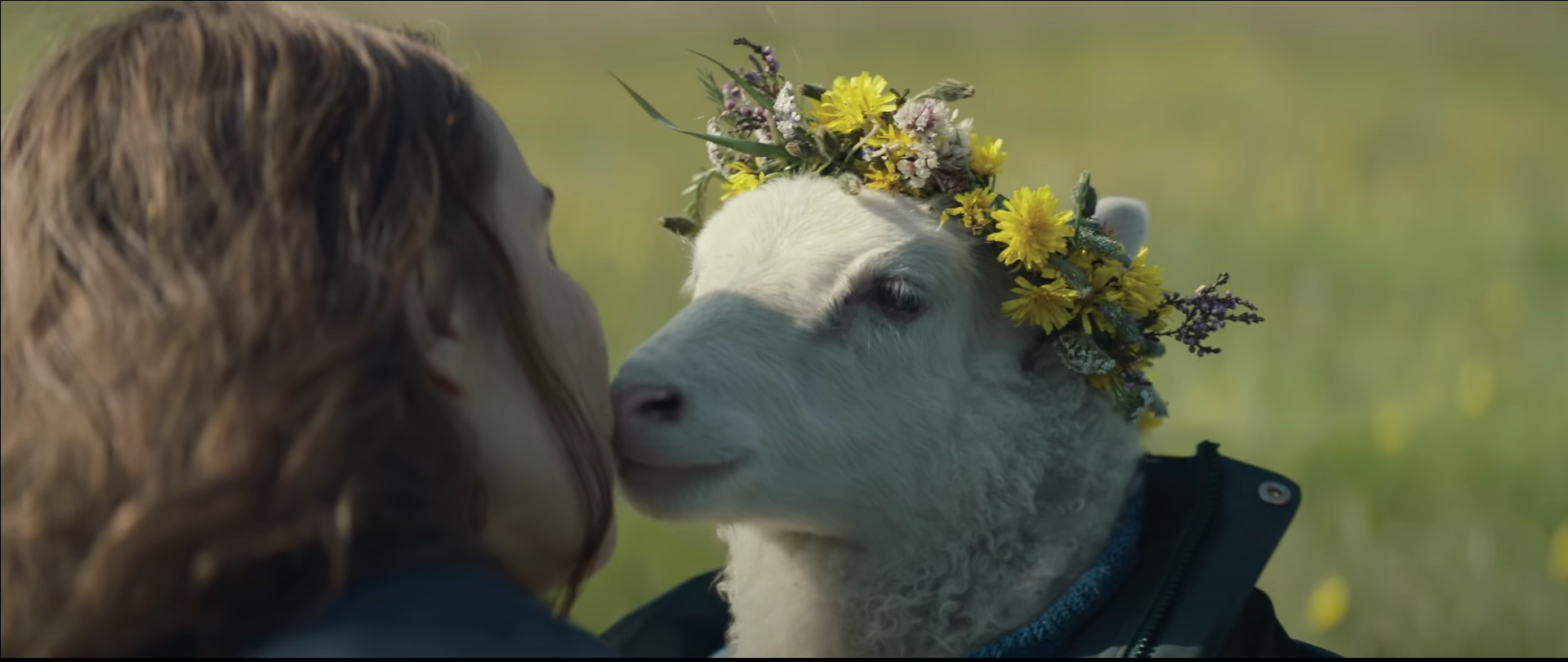
How is Alyssa doing on "Big Brother"?
Sarasota's Alyssa Lopez has now survived to week three of CBS' annual s̶h̶i̶t̶s̶h̶o̶w̶ summer bash, "Big Brother." Although as of this writing the week's nominations for eviction are not yet locked, Lopez is on the same team — the Kings — as this week's Head of Household, Xavier, which means she is automatically safe. Yay, Alyssa!
This has been "How is Alyssa doing on 'Big Brother'?"
Paramount+, rated TV-MA, two seasons (so far)
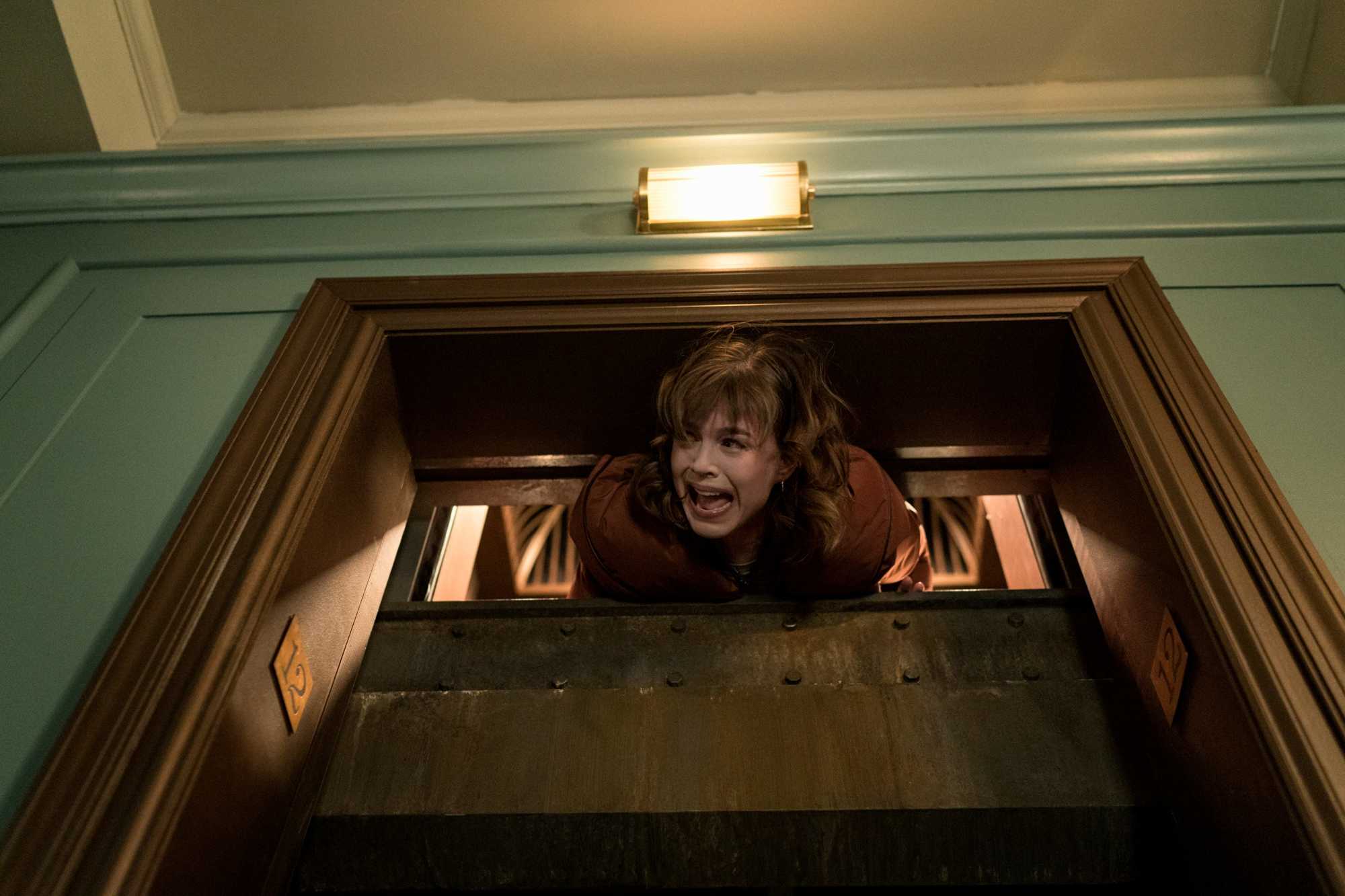
I first wrote about "Evil," the drama/horror series from Michelle and Robert King, back when it aired its first season on CBS — and back when it was easier to explain.
The show began as an examination of what it meant to believe in something. It focuses on three people: David Acosta (Mike Colter), who is training to become a priest; Kristen Bouchard (Katja Herbers), a forensic psychologist and religious agnostic; and Ben Shakir (Aasif Mandvi), a tech expert and staunch atheist. The trio work together for the Catholic church to investigate various unbelievable happenings, determining if there is a cause grounded in reality or if there is something more supernatural at play. To the show's credit, the answers to these questions are not one-sided.
That's how the show began, but as season one progressed and continued into season two, things have become more complicated. Without spoiling too much — because I really do think you should be watching "Evil" yourself — our heroes believe there is a wide-ranging plot in place to spread evil throughout the world, one of them may or may not have committed a grave sin, and all of them are having visions of angels and demons and other things that go bump in the night.
Although the show still mostly follows a case-of-the-week format, the cases themselves have broadened in scope. Instead of dealing with just Christianity, it asks questions of other religions and societal issues including police brutality, unionizing factories and race issues within the priesthood. It does not shy away from mentioning real-world events, such as the most recent presidential election. "Evil" is bold and doing something I haven't seen any other TV show attempt to do.
This doesn't mean watching "Evil" is a downer. Quite the opposite. "Evil" is the most gleeful show around that deals in the unholy. What other show would end an episode with someone being turned into a pile of salt? Or have a main character turn insanely horny because they are possessed by an ifrit, literally burning up inside? Or have a different main character be bound and gagged by a succubus in a dream(?) until they confess to past mistakes? Or have a character create an altar dedicated to a haunted doll and burn a dollar in the doll's name every time they want a wish granted? Or have beloved character actor Michael Emerson fake an exorcism with such disdain for the process that you can taste the fumes of sarcasm expelled from his lips?
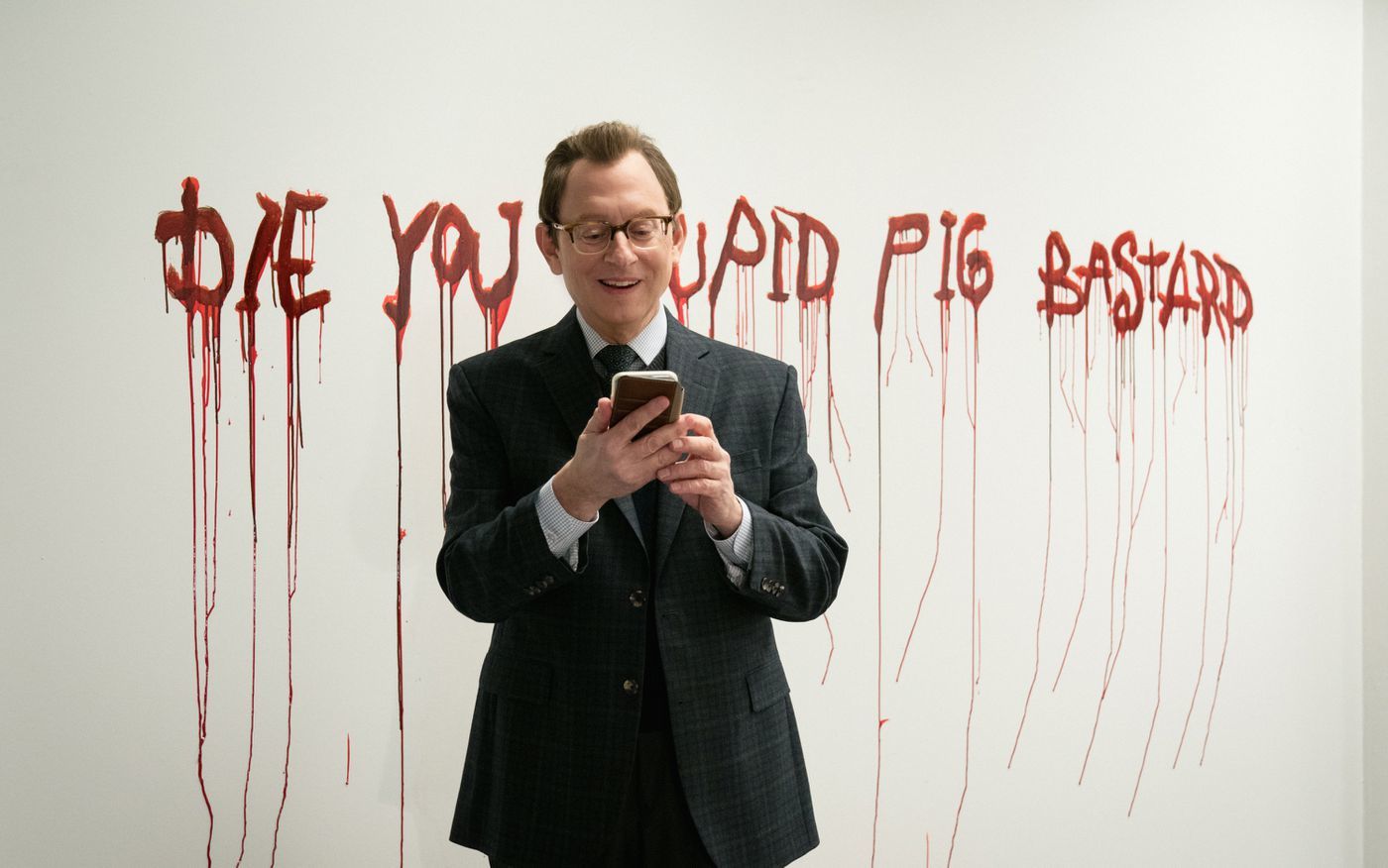
"Evil" aired its mid-season finale on Sunday. It'll be taking about a month off before returning Aug. 29 for the final seven episodes. It's the perfect time to catch up, in other words. Frankly, I don't know what more someone could ask for in a show. In an era where most television shows try to be long movies (without realizing that there was a distinction for a reason), "Evil" understands exactly what it is. It's thought-provoking and thrilling and sometimes genuinely scary and other times genuinely silly. Its episodes are self-contained while leaving breadcrumbs for the future. It features great performances from the main cast — if Herbers doesn't get an Emmy nom in 2022, I can't be held responsible for my actions — and gets high-quality guest stars.
This is what television should be, and viewers seem to agree. CBS moved the show to Paramount+ to attract people to the service, and since season two premiered, the show has been picked up for season three.
(I still can't believe this ever aired on actual, honest-to-goodness CBS. I'll never get over it! It's like if PBS started airing "South Park" or something. Anyway, let's move on.)
HBO Max, rated TV-MA, six hour-long episodes (three available at writing)
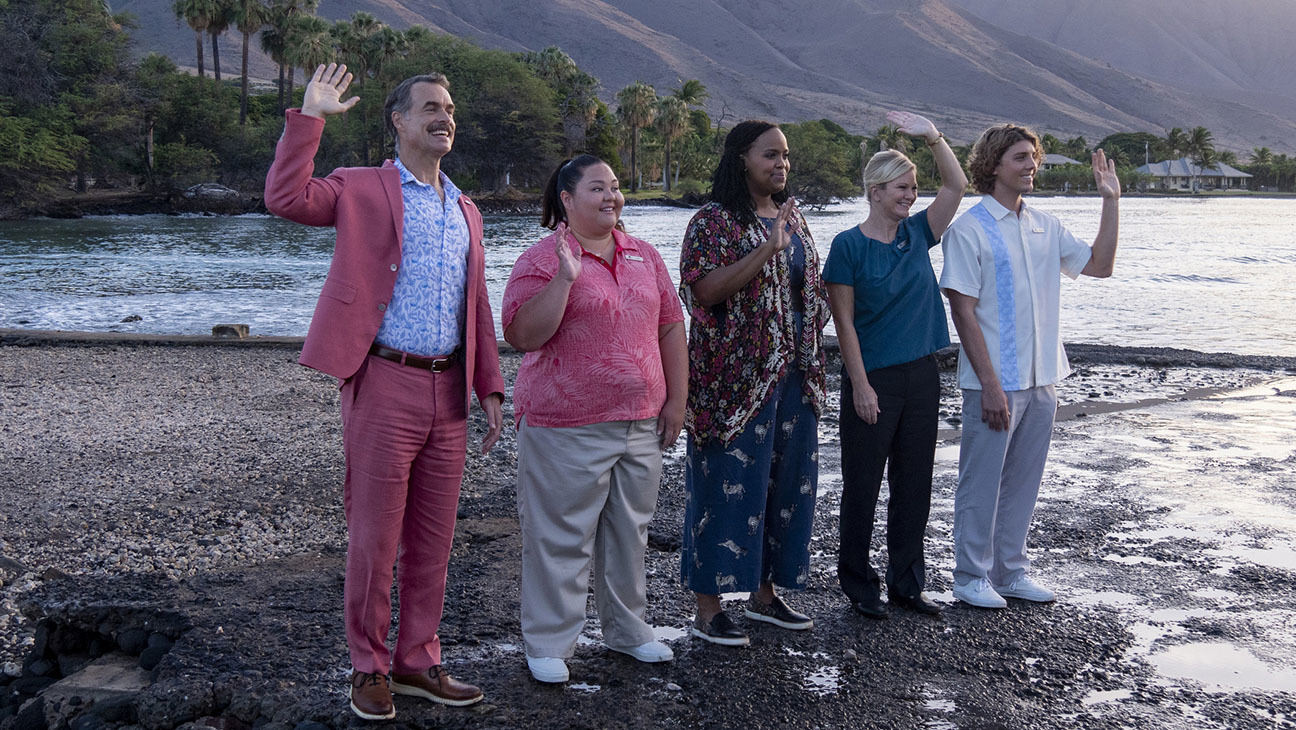
A piercing satire of the neediness and the pettiness of the elite, HBO Max's "The White Lotus" is a tonal balancing act that, at least through the first three of six episodes, is paying off.
The show skewers not only the country's richest residents but also how they are portrayed in media, using the titular Hawaiian resort as a centralized location for their shenanigans. Shane (Jake Lacy) is a trust fund kid living off his parents' wealth who cares more about getting his way at the resort than he does having a nice honeymoon with his wife, Rachel (Alexandra Daddario), a budding journalist who can't get much traction in the industry and is thus forced to write Bustle-style lists at the cost of her dignity.
The newlyweds have run-ins with the Mossbacher family: Nicole Mossbacher (Connie Britton) is a prototypical girlboss who is less inspiring than she thinks she is and puts her work before her family; Mark Mossbacher (Steve Zahn) is awaiting a fateful medical diagnosis and is obsessed with crumbling ideas of masculinity; their daughter, Olivia (Sydney Sweeney), and Olivia's college friend Paula (Brittany O'Grady) are walking balls of nonchalant snark that run on 50 kinds of drugs; their son, Quinn (Fred Hechinger), is a tech-obsessed loner who mostly just wants to play with himself, in more ways than one.
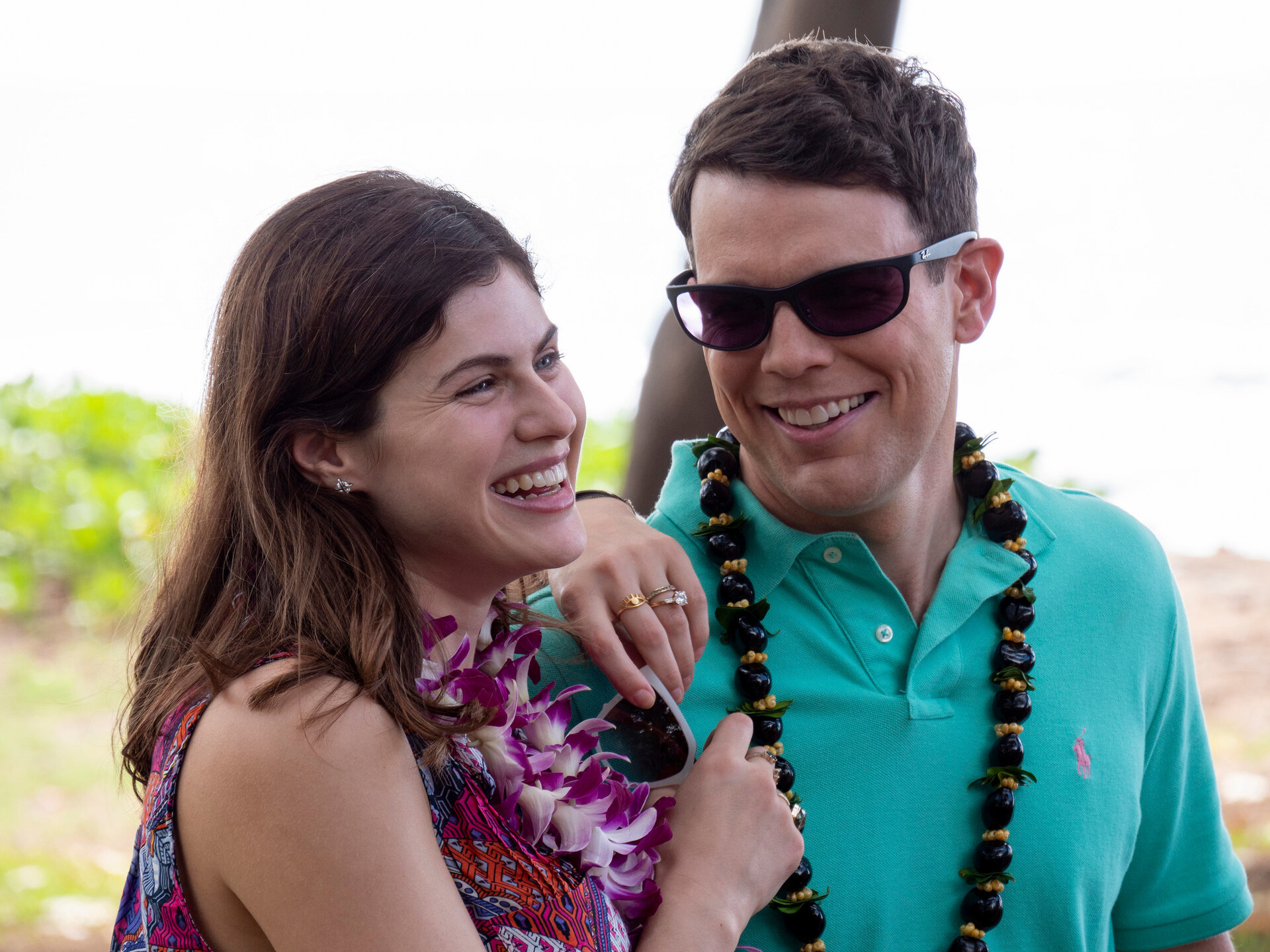
Then there's Tanya McQuoid (Jennifer Coolidge). Tanya's on less of a vacation and more of a journey to find self-growth through the act of scattering her mother's ashes at sea. She's working through … a lot, and she finds herself turning to the arms of the resort's spa manager, Belinda (Natasha Rothwell), for comfort. Belinda puts up with Tanya's requests because, despite her whole unsettling aura, she's still a rich lady who tips well and could prove to be a future business partner.
There's more happening with the show than painting funny caricatures. Although the portrayals of all these people are quite funny, a darker undercurrent runs through the whole series. Episode one begins with the reveal that someone's getting on the return flight from Hawaii in a coffin. Although as of yet the show has not explained this, it's easy to imagine one of these characters snapping and doing something violent. Some scenes are shot through a haze; it's as if the filter that all these characters have put over their lives is beginning to fade and reality, with all of its problems, is taking its place.
But you're watching "The White Lotus" for the comedy, and there's plenty of it. One scene involving Olivia and Paula begins with the pair lamenting their lack of drugs and ends with them cartoonishly pulling out enough pill bottles and other paraphernalia out of their luggage to fill a Pablo Escobar storehouse. Another scene where Shane and Rachel cross paths with Tanya (at her most distressed) on what each think will be a private boat is riotous. Pretty much any scene involving resort manager Armond (Murray Barlett), a man struggling to balance his distaste of the resort's clientele with his sober streak, is guaranteed to get a laugh. I also have to applaud Jake Lacy specifically; I don't know if there's a television character I've wanted to punch more than Shane. That's a sign of effective acting.
I don't yet know if "The White Lotus" will stick the landing. There are a lot of plot threads out there and not a ton of time to wrap them up. But I hope it does. It's a nice summer reprieve from life, an hourlong escape to an island where terrible things happen to the 1%, not because of the 1%.